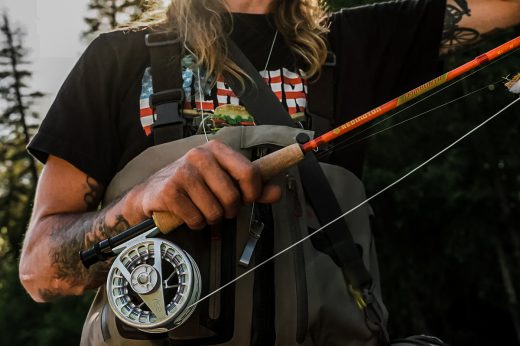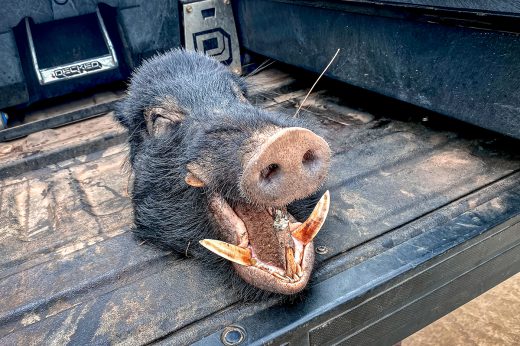State wildlife agencies across the country are warning residents to watch out for fake websites pretending to sell legit hunting and fishing licenses.
Gone are the days when hunters and anglers could just stroll into their local bait shop or sporting goods store to purchase a license. As the digital age booms, most states have moved license sales online. Although the change is certainly convenient, internet sales open the door for information pirates and online thieves to take advantage of unsuspecting outdoorsmen and women.
“Scammers often create look-alike websites using agency logos and branding. If you have any doubts or questions, contact the department before you share sensitive information.”
On Jan. 25 the Virginia Department of Wildlife Resources issued a press release urging citizens to only use official department websites to purchase a Virginia hunting license or fishing license.
“Over the last few years, the department has noticed multiple online sites claiming to sell DWR fishing and hunting licenses. These sites will end up taking your money and sending you a fraudulent license, or worse, no license at all,” the department explained in the release. “DWR has taken appropriate actions against these companies and will continue to do so as they come to their attention.”
The department lists several fraudulent websites peddling fake licenses to Virginia hunters and anglers. The list includes:
- vafishinglicense.com
- fishinglicense.org
- fishandgamelicenses.org
- recreationallicenses.org
- licenses.org
- hunting-license.org
- vafishingdwr.com
- vahuntingwildlife.com
Virginia is not the only state that has been plagued with fraudulent third-party sites pushing BS licenses. North Carolina, South Carolina, Pennsylvania, Colorado, and New York, among others, have issued warnings to their residents about sham sites purporting to sell sporting licenses in the past.
In California, several unauthorized websites charged customers unnecessary extra fees for their online license purchases.
Some scam sites aren’t designed to sell fake licenses but are elaborate phishing schemes. In 2020, the Tennessee Wildlife Resources Agency issued a scam alert when a phony website began popping up as an advertisement when users searched Google for “Tennessee fishing license.” Users were prompted to enter sensitive personal information, including their name, date of birth, social security number, driver’s license number, phone number, email address, and residential address — the type of personal information scammers use to commit identity theft.
While most states have gotten a handle on the issue, wildlife departments must still devote time and resources each year to keep a lid on scammers, work to identify new scams when they pop up and get the word out to hunters and anglers.
Hunters and anglers are not the only targets of phishing attacks. According to the Ponemon Cost of Phishing Study, internet scams cost US companies nearly $14.8 million in 2021, compared to $3.8 million in 2015. The amount of money swindled by scammers continues to increase each year.
Penalties for phishing crimes vary. Most state laws categorize phishing as a felony crime, with convicted criminals receiving fines of up to $10,000 and serving a year or longer in prison.
Unfortunately, many phishing scams are initiated outside the US, which makes prosecuting offenders problematic, if not impossible. When one fraudulent site is shut down, another pops up in its place, leaving wildlife and other state departments playing a continuous game of whack-a-mole in attempts to shut down fake websites and protect consumers.
The best way to avoid being scammed is to purchase licenses in person or through your state’s wildlife department website or its authorized agents. However, scammers often create look-alike websites using agency logos and branding. If you have any doubts or questions, contact the department before you share sensitive information.
If you encounter a fraudulent website hawking hunting or fishing licenses, report the site to the Federal Trade Commission and the FBI’s Internet Crime Complaint Center.
If you are a victim of a hunting or fishing license scam, and the fraudulent website has information like your social security or credit card numbers, go to IdentityTheft.gov and complete the specific steps outlined there.
READ NEXT – Shed Hunting Tips From Connor Clark: How to Rule the West








Comments